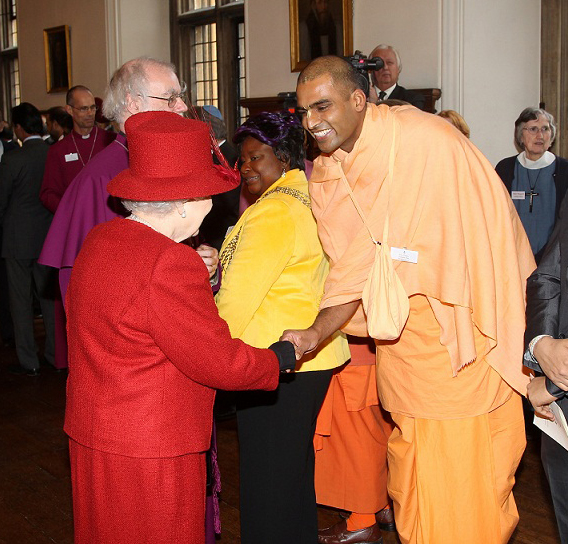Arrived in Dublin yesterday. We’ll be in jolly Ireland for the next few weeks sharing books of wisdom with everyone we meet. That means I’ll most likely be ‘off the grid’ with regards to the e-world, but very much ‘on the grid’ in terms of the physical world. The plan is to visit Waterford, Cork, Galway, Limerick, Belfast and Londonderry, arriving back in Dublin for Christmas!
These priceless books are like x-ray machines. While everything on the surface may seem fine, the x-ray machine reveals a deeper cause of concern. Similarly, beyond the slick and smooth exterior of the urban jungle, the modern metropolis faces a long list of pressing problems: the time bomb of environmental issues, territorial conflicts, struggling economies, natural disasters, rising crime and widespread poverty. On an individual level, stress, depression and suicide rates are also rising. Smiling faces, crying hearts.
The political, economic and social problems we witness are essentially caused by a neglect and disregard of spiritual values. Although modern philanthropists, social workers and political leaders may have good intentions, they fail to identify the root of the problem and instead simply address the immediate symptoms. Often their solutions are not as universal, beneficial or permanent as we would like. For that, we have to incorporate spiritual wisdom into the equation.
Only when there is inner peace can there be world peace. While people are experiencing a vacuum within, they will invariably exploit the external world to fill that void. While there is conflict and agitation within, people will recreate the same in their relationships and communities. Thus, to nurture a spiritual heart, we are trying to become ambassadors of goodwill and share the spiritual message with others. It's welfare work with a difference. By accessing the wisdom of Bhagavad-gita, people can flourish on all levels: physically, emotionally, socially and spiritually.
These priceless books are like x-ray machines. While everything on the surface may seem fine, the x-ray machine reveals a deeper cause of concern. Similarly, beyond the slick and smooth exterior of the urban jungle, the modern metropolis faces a long list of pressing problems: the time bomb of environmental issues, territorial conflicts, struggling economies, natural disasters, rising crime and widespread poverty. On an individual level, stress, depression and suicide rates are also rising. Smiling faces, crying hearts.
The political, economic and social problems we witness are essentially caused by a neglect and disregard of spiritual values. Although modern philanthropists, social workers and political leaders may have good intentions, they fail to identify the root of the problem and instead simply address the immediate symptoms. Often their solutions are not as universal, beneficial or permanent as we would like. For that, we have to incorporate spiritual wisdom into the equation.
Only when there is inner peace can there be world peace. While people are experiencing a vacuum within, they will invariably exploit the external world to fill that void. While there is conflict and agitation within, people will recreate the same in their relationships and communities. Thus, to nurture a spiritual heart, we are trying to become ambassadors of goodwill and share the spiritual message with others. It's welfare work with a difference. By accessing the wisdom of Bhagavad-gita, people can flourish on all levels: physically, emotionally, socially and spiritually.


 Thursday, November 29, 2012
Thursday, November 29, 2012
 Sutapa das
Sutapa das




























